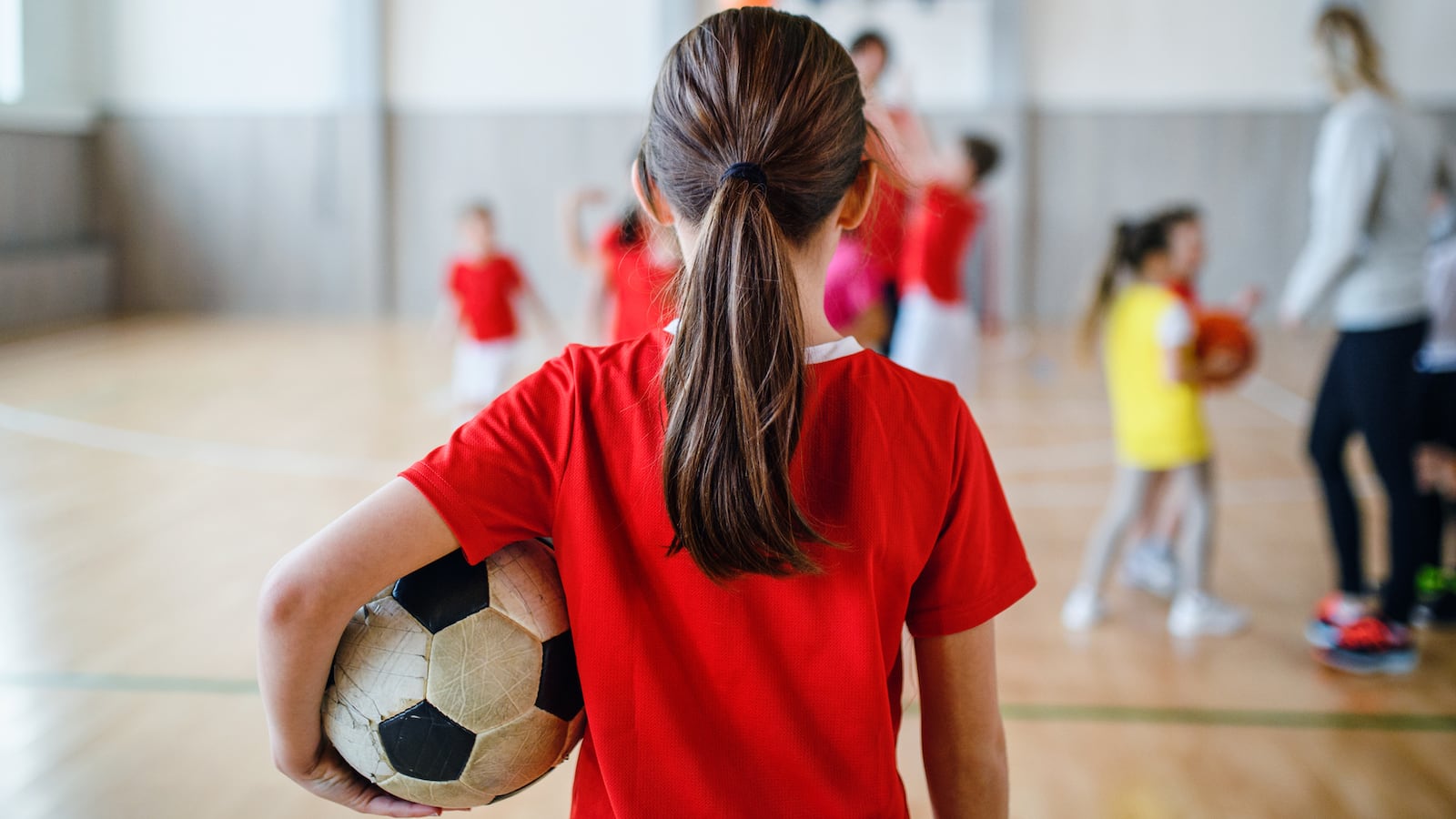When a girl left her competitors in the dust at a state-level school sports competition in Utah last year, not everyone was impressed with her inspiring athleticism. The parents of the girls who came in second and third couldn’t accept the winner had simply “outclassed” their daughters—so they called her gender into question, sparking a secret investigation that delved into the winner’s personal history.
At a meeting of Utah Legislature’s Education Interim Committee on Wednesday, a school sports official recounted the grim probe, and added that it wasn’t an isolated incident. David Spatafore, the Utah High School Activities Association (UHSAA) legislative representative, told the committee that his organization had received multiple complaints in which parents claimed “that female athlete doesn’t look feminine enough.”
Spatafore would not disclose the sport or the school associated with the case where the winner had outclassed her competitors last year. But he did reveal that the UHSAA asked the student’s school to investigate by looking back through her school-enrollment records. “The school went back to kindergarten,” Spatafore said, “And she’d always been a female.”
Neither the pupil nor her family were told about the investigation. “We didn’t get to the parents or the student simply because if all of the questions about eligibility were answered by the school or the feeder system schools, there was no reason to make it a personal situation with a family or that athlete,” Spatafore explained, according to The Desert News.
Such secret policing of children’s bodies was made possible in Utah by HB11, a controversial bill passed by the state House and Senate in March that banned transgender girls from competing in school sports. Republican Gov. Spencer Cox was among those critical of the bill, pointing out at the time of the vote that, of the four trans children in the state who play sports, only one of them was a girl, CBS News reported. Despite the new rules essentially prohibiting just one child from competing in school sports, Cox’s veto was overturned by the state legislature and enacted all the same.
If a lawsuit is filed opposing a trans student’s ban, the law defaults to a commission that assesses if the pupil should be eligible to play. The ACLU of Utah in May filed such a suit on behalf of two trans girls enrolled in public schools in the state, arguing that the rules are unconstitutional and discriminatory.
For its part, the USHAA is trying to follow the tenets of HB11 as closely as it can, Spatafore said. According to LGBT Map, 18 states have bans in place to prevent transgender students from participating sports consistent with their gender identity.






